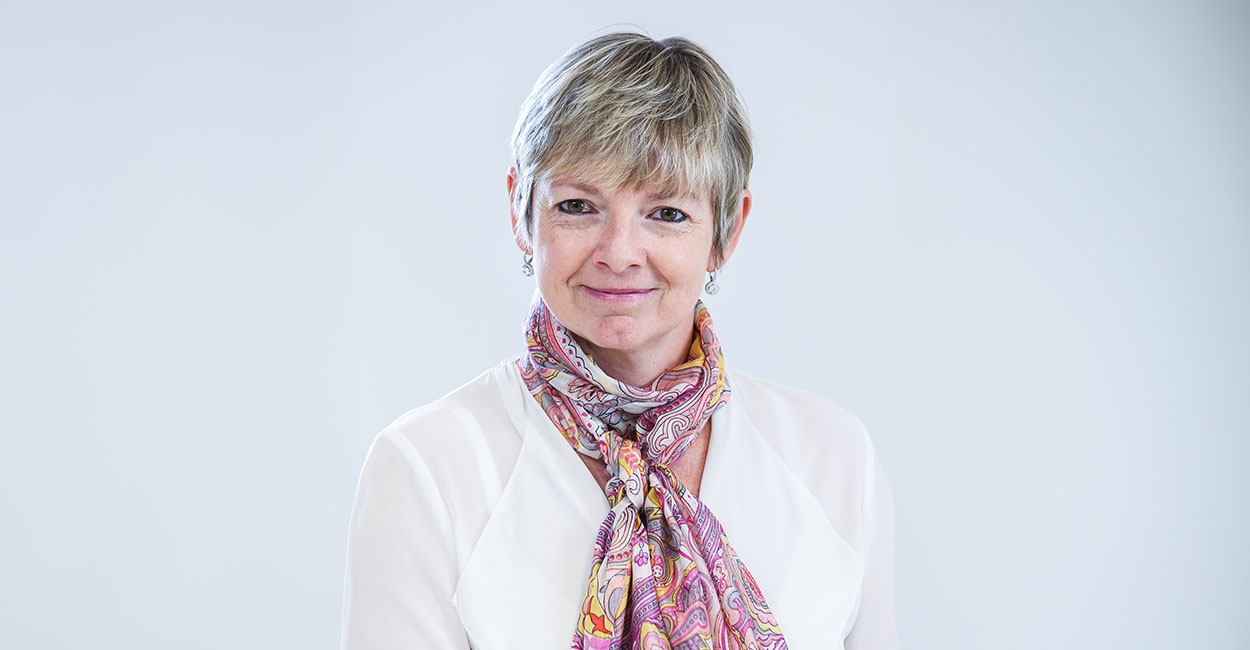MAIN IMAGE: Fatima Koning, Group Chief Commercial Officer at IWG
Staff writer
Over half of female workers say that hybrid working has benefitted their career progression, according to new research commissioned by the International Workspace Group (IWG), the world’s largest provider of flexible and office space.
In recent months some business leaders have suggested that women’s careers could be harmed by the shift to flexible working models, however this study paints a very different picture.
Over half (56 per cent) agreed that hybrid working has benefitted their career progression. Three quarters (75 per cent) added that hybrid working made them more productive, while the same number (76 per cent) said it had improved their work-life balance. In fact, 49 per cent said that they would consider leaving their job if forced to work from the office five days a week, demonstrating the integral role hybrid working is now playing in people’s daily lives.
Additional social benefits cited included two fifths (38 per cent) of women stating that hybrid working improved their mental health, while 56 per cent agreed that there had been a greater distribution in household and childcare duties between them and their partner due to hybrid working.
There was also an emphasis on the financial benefits of hybrid working. Two thirds of respondents noted that saving both time (68 per cent) and money (66 per cent) from daily commutes into the office were key benefits. In addition, 17 per cent of women added that they had been able to save more for house deposits thanks to their ability to work flexibly.
In a discussion with one of the high-profile respondents, she said hybrid working has allowed her to strike a better work/life balance while also making her more productive: “Without hybrid working its likely I would have had to scale back my hours, and potentially the seniority of my role. Prior to the pandemic I commuted into our central office four days a week, now it’s usually just one. I have two young children and hybrid working means I don’t have to make choices between work and family.
“We’re fortunate to have a progressive CEO who champions flexible working. We’ve also found that we are better using our time spent in the office, with meetings and other collaborative tasks becoming more effective. Under hybrid working I am working more efficiently while also having more time, so it’s a win-win.”
Demand for suburban and rural locations continues to accelerate as more people turn their backs on long daily commutes and instead chose to work flexibly in the heart of local communities. Three quarters (75 per cent) would like to have an office space within 15 minutes of their home, demonstrating that the days of regular commuting into a city centre headquarters may be over.
In fact, companies are realising the benefits of the ‘hub and spoke’ model for office space, with workers splitting time between home, a local office and company HQ. Demand for IWG rural and suburban office space grew by 29 per cent in 2021.
Fatima Koning, Group Chief Commercial Officer at IWG, said: “Women tend to wear a lot of hats and they want to be the best version of themselves both at work and at home. That can be incredibly hard – but the hybrid shift is going to make a real difference.
“The pandemic has proved people can be just as productive when they’re splitting their time between home and the office, and it’s highlighted the huge opportunity we must improve working life. For women, the hybrid model represents a crucial opportunity to address existing inequalities at work and at home and has unprecedented potential to support women’s wellbeing, family lives and career aspirations. While, for employers there is a vast opportunity to attract more female talent and add tremendous value to their businesses.”
The number of employees visiting IWG’s network of approximately 1500 locations across the world steadily increased over the past few months, demonstrating an increasing demand for hybrid work solutions. In 2021 alone, IWG added over two million new customers to its global network of flexible workspaces.








